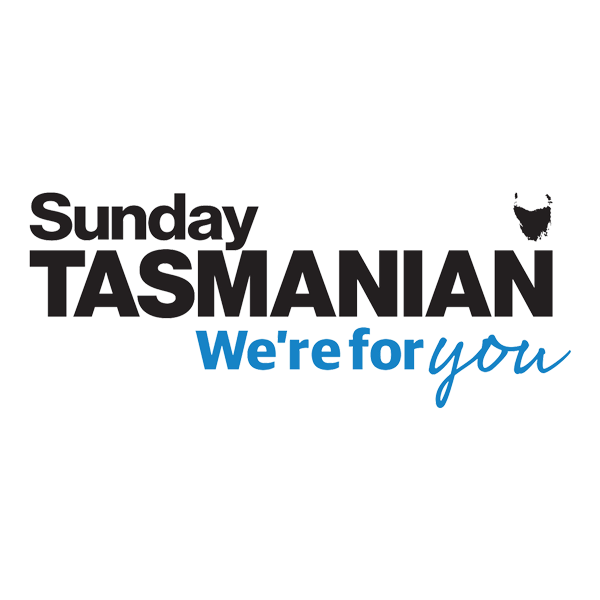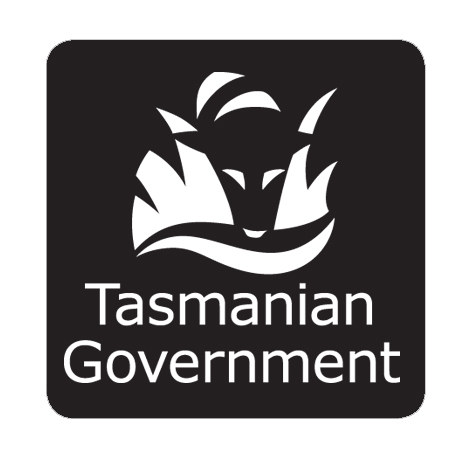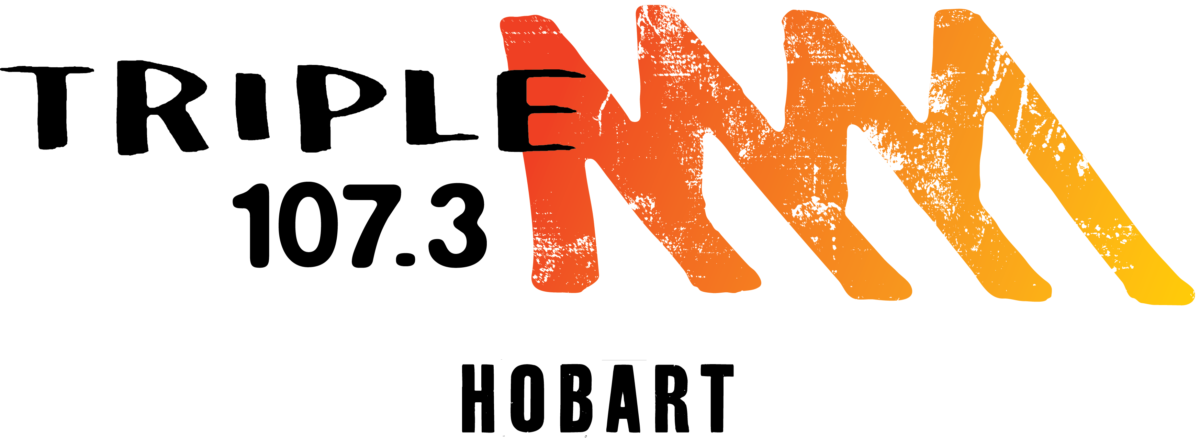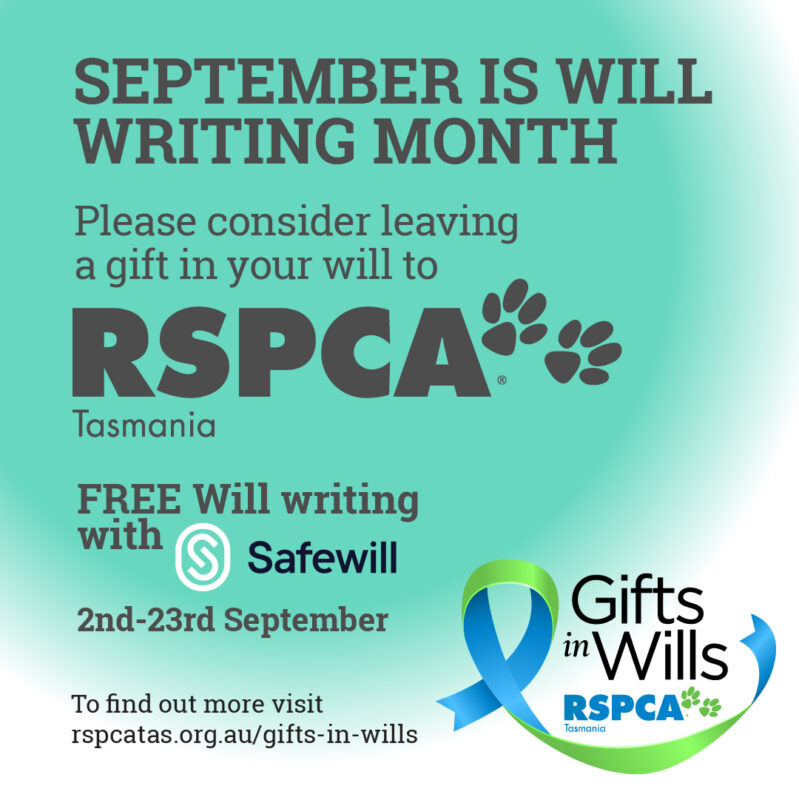The Victorian state government today announced the 2021 duck hunting season will be cut short due to animal welfare concerns, declining waterbird abundance, and a lack of support within the community.
RSPCA Tasmania CEO, Jan Davis, welcomed this decision and urged the Tasmanian state government to follow this lead.
Ms Davis says there are multiple, evidence-based reasons why recreational duck hunting should be banned in Tasmania, including duck wounding rates and declines in waterbird populations.
“The 2021 Victorian duck hunting season will now run for just 20 days, with hunters limited to killing two birds each day. Sadly, the Tasmanian season is set to run for 13 weeks, with hunters permitted to shoot up to ten birds each day. This results in much higher death and injury rates in Tasmania. Traditionally around 60,000 ducks have been shot each season in Victoria. Government estimates in Tasmanian put the death rate at around 50,000 ducks.”
“As well, a substantial number of ducks are wounded, with some surviving and others suffering a slow and painful death. Australian studies show approximately 26% of birds shot with a shotgun will be wounded or maimed.”
“Based on the reported total harvest figure of 49,671 from the 2019 season (as the 2020 season figures are not yet available), we therefore estimate that almost 13,000 ducks were wounded but not killed outright in the 2019 season. This level of harm is unacceptably high and cannot be tolerated,” said Ms Davis.
The lack of transparency relating to duck shooting practices and the impact of shooting on duck populations is also very concerning.
“It is clear that the government regulator simply does not have the resources to adequately police and enforce existing regulations, let alone undertake any meaningful assessment of the impacts of shooting on duck population,” Ms Davis said.
Licenced shooters are required to report their kill numbers. However, this licence condition is not being enforced, as official figures only report estimates for the number of ducks shot.
It is also concerning that hunters are only required to undertake a waterfowl identification test the first time they apply for a shooting licence and need only achieve a pass rate of 71%. It is therefore inevitable that non-target duck species will be killed and maimed by hunters each year.
The data provided in the Aerial Survey of Wetland Birds in Eastern Australia each year shows long-term significant declines in the breeding index, total species abundance, and wetland area index. Yet there are no ongoing surveys of Tasmanian duck populations to enable accurate assessments of the impacts of duck shooting.
“Even though these are very basic expectations, we do not believe that taking vital funds from departments like health and education to enforce the conditions on duck shooting licenses would be in line with community expectations.”
“The RSPCA is opposed to the recreational hunting of any animal for sport. Another duck shooting season will cause unnecessary injury, pain, suffering and death for hundreds of thousands of birds and contribute to the ongoing decline of our waterbird population.”
“However, we acknowledge that duck hunting is currently lawful. So, while it continues, the RSPCA strongly recommends implementing interventions to reduce the wounding rate, including improving hunter education on issues such as humanely dispatching downed ducks, and the introduction of an annual waterfowl identification test to reduce the negative welfare impacts for ducks and off-target species,” said Ms Davis.
Recreational duck shooting has already been banned in Western Australia, Queensland and NSW. The Victorian government announcement restricting the season is a strong sign that this cruel hobby is finally being phased out in that state.
The RSPCA calls on the state government to recognise that recreational duck shooting is no longer sustainable and to ensure this will be the last wild duck shooting season in Tasmania.”
MEDIA CONTACT
Jan Davis, CEO – RSPCA Tasmania
Mobile: 0409 004 228
Email: jdavis@rspcatas.org.au
























